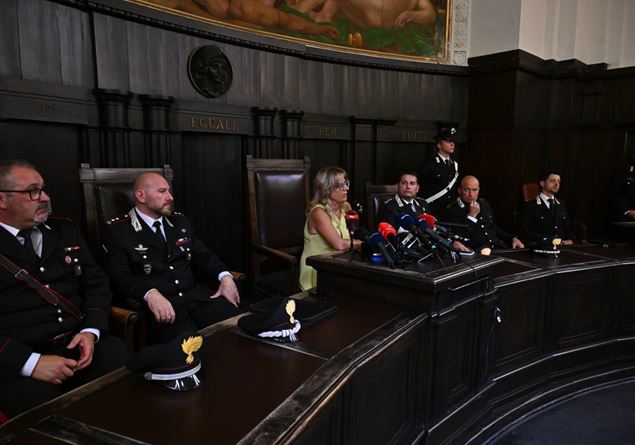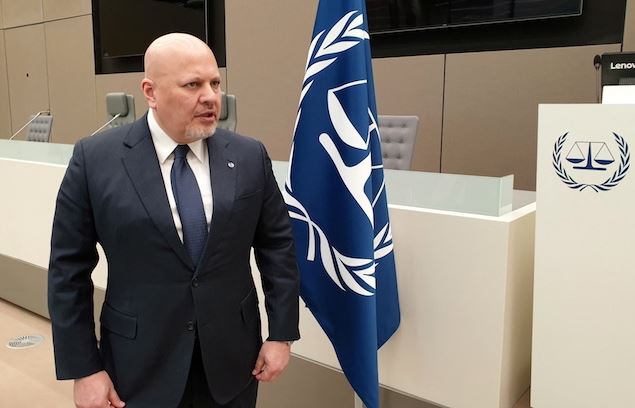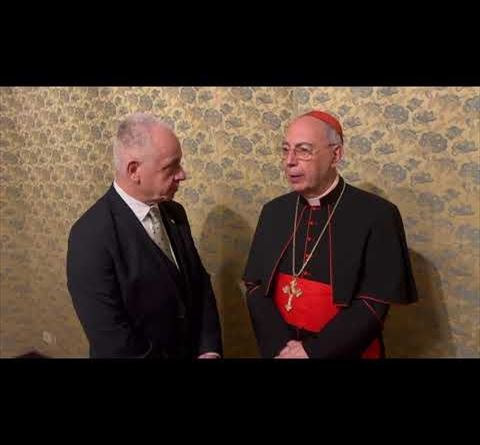
Matteo Salvini’s post.
The capture of the murderer of Sharon Verzeni, the young woman from Terno d’Isola brutally murdered during a walk, will not ease the excruciating pain of her parents and boyfriend. Sharon’s is a tragedy that demands our prayers. However, we cannot ignore that, even in a troubled country like ours, justice does not stop, not even in the face of the most brutal murders. Italy, despite its thousand defects, still shows that it is a state of law, where those who make mistakes pay, thanks to the professionalism of investigators and law enforcement who, even in this case, were able to make the difference. And yet, scrolling through social media and listening to certain political voices, the suspicion emerges that this tragedy is immediately exploited, bent to the logic of a sterile and divisive controversy, such as that against the ius scholae. And why? Because the murderer has foreign origins, he is an Italian born to non-EU parents. And so, this single atom, an isolated case, is taken to cast shadows on an entire planet: that of the millions of new Italians, born here, children of immigrants. It is the usual game of those who know well how to manipulate reality, fueling fears and prejudices.
Newspapers must do their job, of course. Inform, give details, such as the registry office and the story of the murderer. But when politics gets involved in these discussions, the risk of dangerous rhetoric is just around the corner. The vice president of the Council Matteo Salvini, for example, does not refrain from asking for an “exemplary punishment, without discounts”, underlining that the murderer “has North African origins and Italian citizenship”. But what does politics have to do with all this? Aren’t the punishments already exemplary for all murders? Justice will take its course, as always. There is no need for suggestions, winks to public opinion on “what example” should be given. The Northern League parliamentarian Laura Ravetto, who asks: “The man suspected of killing Sharon has been identified as a 31-year-old born in Milan, of foreign origin, and with confirmed mental problems. The young woman apparently lost her life at the hands of this alleged murderer, apparently for no reason. A tragic episode that should make us reflect. Are these really the new Italians we aspire to be?”. As if that were not enough, the Lega senator Claudio Borghi, on X, sinks with irony: “Oh, we have newspapers that for once tell us the nationality of a criminal. He is ITALIAN (all capital letters in the text). His name is Moussa Sangaré.” As if that name, Moussa Sangaré, were not already enough to inflict a double sentence on him: one for the crime committed and one for his different origin.
It is unacceptable, in this context, to try to pass off the idea that there is a link between ethnicity and femicide. It is a short-sighted, dangerous vision. Evil has no color, knows no borders, does not belong to a single social class or a particular geographical origin. And too often, that evil lurks within the domestic walls, in the face of the husband, the companion, the partner. Furthermore, two volunteer witnesses of North African origin helped the police track down the murderer. Generalizing in this way is not only wrong, but profoundly unjust. It would be like ignoring the crimes committed by Italians abroad, from the mafia that we exported to America onwards. And who would dare deny the extraordinary contribution that millions of Italians have made to American democracy? In a normal country, faced with a tragedy like Sharon’s, we would stop to reflect on evil, on justice, on the fragility of life. Certainly not by pointing the finger at millions of young people, children of honest people, who contribute every day to the progress of this country.
In the Ansa photo, the press conference in the Bergamo Prosecutor’s Office on the capture of the man accused of Sharon’s murder, who confessed.







